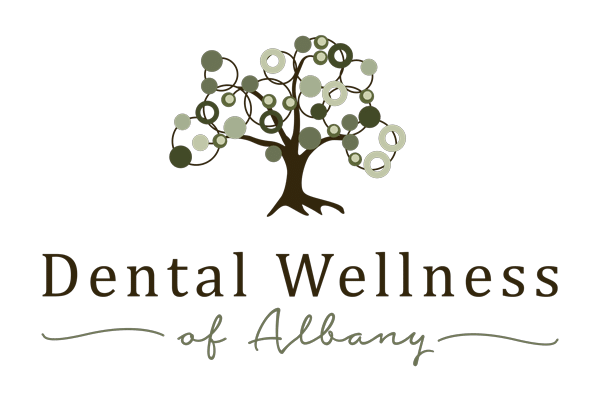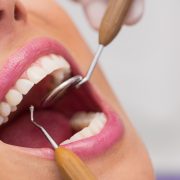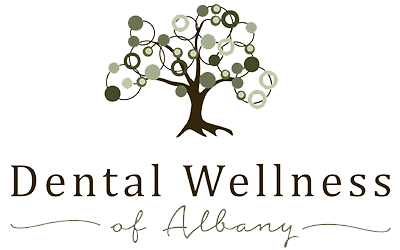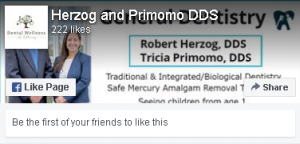Are Mercury Fillings Dangerous?
Decades ago, mercury fillings were the standard of dental care for treating cavities. As a result, millions of Americans now have mercury fillings in their mouths. However, in light of recent information and technological advances, it’s now understood that mercury fillings are dangerous. They can pose a health threat to the person who has them.
Dangers of Mercury Fillings
There is no safe threshold for human’s exposure to mercury. Even tiny amounts are very dangerous. Some of the dangers known to exist from mercury fillings include:
- Higher chance of mercury poisoning
- Danger to fetuses
- Hearing loss
- Thyroid problems
- Neurological impairment
- Immune system impairment
- Insomnia
- And many more…
There’s absolutely zero question about the dangers of mercury fillings. Experts all agree on this issue.
Should You Have Mercury Fillings Removed?
Mercury is an element that emits dangerous vapors. Inhalation of these vapors is just as dangerous—if not more so—than having the mercury fillings themselves. Unfortunately, when mercury fillings are removed, those vapors are released.
Therefore, there is a debate as to whether or not those who already have mercury fillings should have them removed. On the one hand, having mercury fillings poses a health threat. But on the other hand, removing the fillings also poses a health threat. Who can say whether one threat is worse than the other? Your dentist in Albany can help you determine whether or not your mercury fillings should stay put or whether it might be worth considering having them removed. In general, if the mercury fillings appear to be stable, it might make sense not to touch them. However, your Albany dentist is the expert, so you can rely on their expertise to help guide you in your ultimate decision.
If you have questions about what to do about your mercury fillings, please contact us today.





